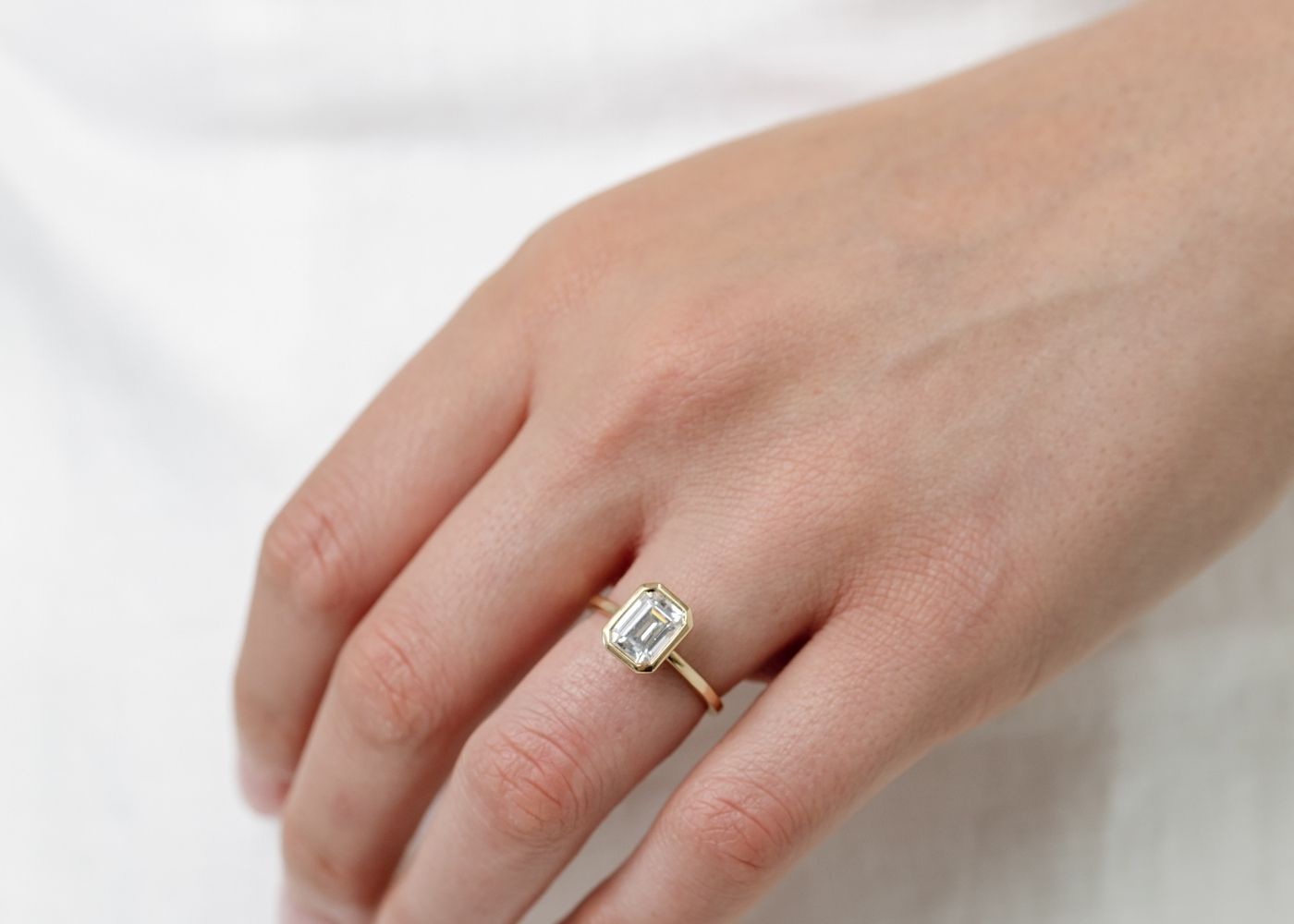Civil marriage
History and Development of Civil Marriage
- Countries maintaining a population registry of its residents keeps track of marital status
- All UN Member countries except Iran, Somalia, South Sudan, Sudan, and Tonga have signed or ratified either the United Nations Convention on Consent to Marriage, Minimum Age for Marriage, and Registration of Marriages (1962) or the United Nations Convention on the Elimination of All Forms of Discrimination against Women (1979)
- Most countries define the conditions of civil marriage separately from religious requirements
- Certain countries, such as Israel, allow couples to register only on the condition that they have first been married in a religious ceremony recognized by the state, or were married in a different country
- In medieval Europe, marriage was governed by canon law
- Lord Hardwickes Marriage Act of 1753 required all marriages in England to be performed in an official ceremony in a religious setting recognized by the state
- Children born into unions that were not valid under the Act would not automatically inherit the property or titles of their parents
- In Scotland, it was enough for a man and a woman to pledge their commitment to each other in front of witnesses to legalize their marriage until 1940
- In 1836, the requirement that the ceremony takes place in a religious forum was removed, and registrars have given the authority to register marriages not conducted by a religious official
- The Catholic Church forbade clandestine marriage at the Fourth Lateran Council (1215)
- John Calvin decreed that in order for a couple to be considered married they must be registered by the state in addition to a church ceremony
- With the French Revolution, religious marriage ceremonies in France were made secondary to civil marriage
- In Germany, civil marriage began to die out after the fall of Napoleon's empire
- After the unification of Germany in 1871, only civil marriages have been recognized in Germany
Civil Marriage Policies in Different Countries
- Different countries have different policies regarding civil marriage
- Some countries recognize civil marriages only, while others recognize both civil and certain religious marriages
- Some countries recognize religious marriages only
- Civil marriages may be restricted to foreigners or non-Muslims in certain countries
- The legal validity of civil marriages varies from country to country
- Marriages in England or Wales must be held in authorized premises
- Civil marriages require a certificate and sometimes a license
- A short non-religious ceremony takes place with the registrar, the couple, and two witnesses in attendance
- No reference should be made to God or any deity, or to a particular religion or denomination
- Readings and music in the ceremony must be agreed upon in advance.
Countries with No Civil Marriage
- Middle Eastern countries without civil marriage: Egypt, Syria, Jordan, Saudi Arabia, Qatar, Yemen, Iran, Lebanon, Israel, Libya, Mauritania, and Indonesia
- Marriages in these countries are conducted by religious authorities
- Civil registration is only possible after religious registration or registration abroad
- Israel, Syria, and Lebanon officially recognize Islam, Christianity, Druze, Judaism, and allow marriage within the same community
- Syrian law prohibits recognition of marriages outside its personal status laws, even if married abroad
Recognition of Civil Marriage in Specific Countries
- Egypt recognizes civil marriages but the process is complicated and requires specific documentation
- Malaysia and Abu Dhabi allow civil marriage for non-Muslims only
- Kuwait, Bahrain, and Afghanistan allow civil marriage for foreign citizens only
- Same-sex couples can have legal partnerships similar to marriage in 22 countries and several jurisdictions within Mexico
- Rights and obligations in these unions or partnerships are similar but not identical to married couples
Related Concepts and Historical Context
- Civil union
- Common-law marriage
- Domestic partnership
- Same-sex marriage
- French Mandate for Syria and Lebanon allowed different religious communities to form their own family laws
- Muslims rejected equal status with non-Muslims and the loss of privileged status
- Mexico City and 27 states in Mexico allow same-sex partnerships
- Various references and sources related to civil marriage
Civil marriage Data Sources
| Reference | URL |
|---|---|
| Glossary | https://harryandcojewellery.com.au/blogs/glossary/civil-marriage |
| Wikipedia | http://en.wikipedia.org/wiki/Civil_marriage |
| Wikidata | https://www.wikidata.org/wiki/Q205572 |
| Knowledge Graph | https://www.google.com/search?kgmid=/m/0410ts0 |





